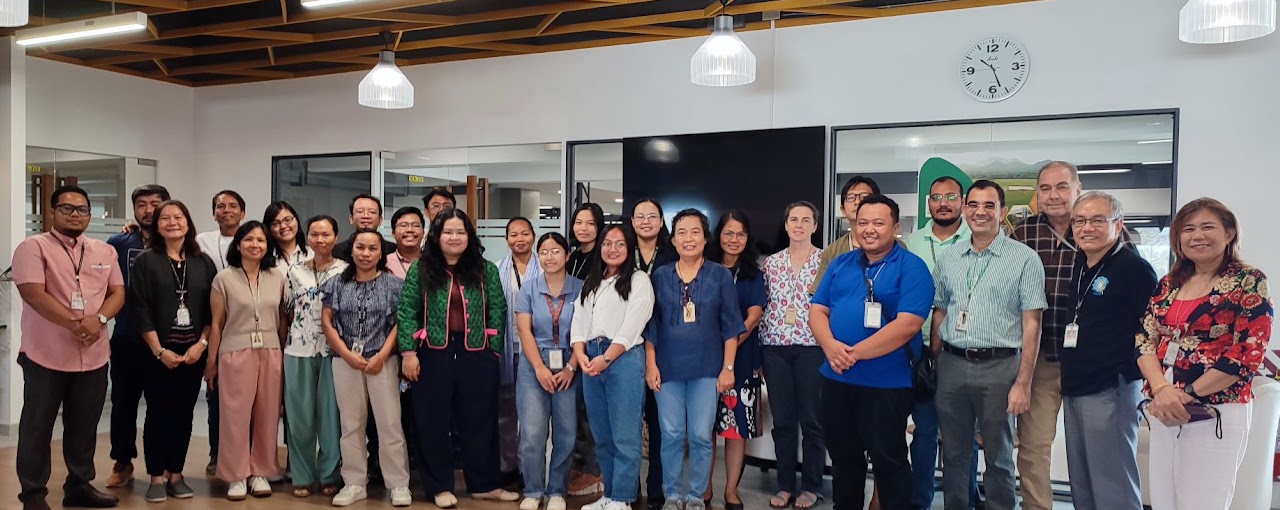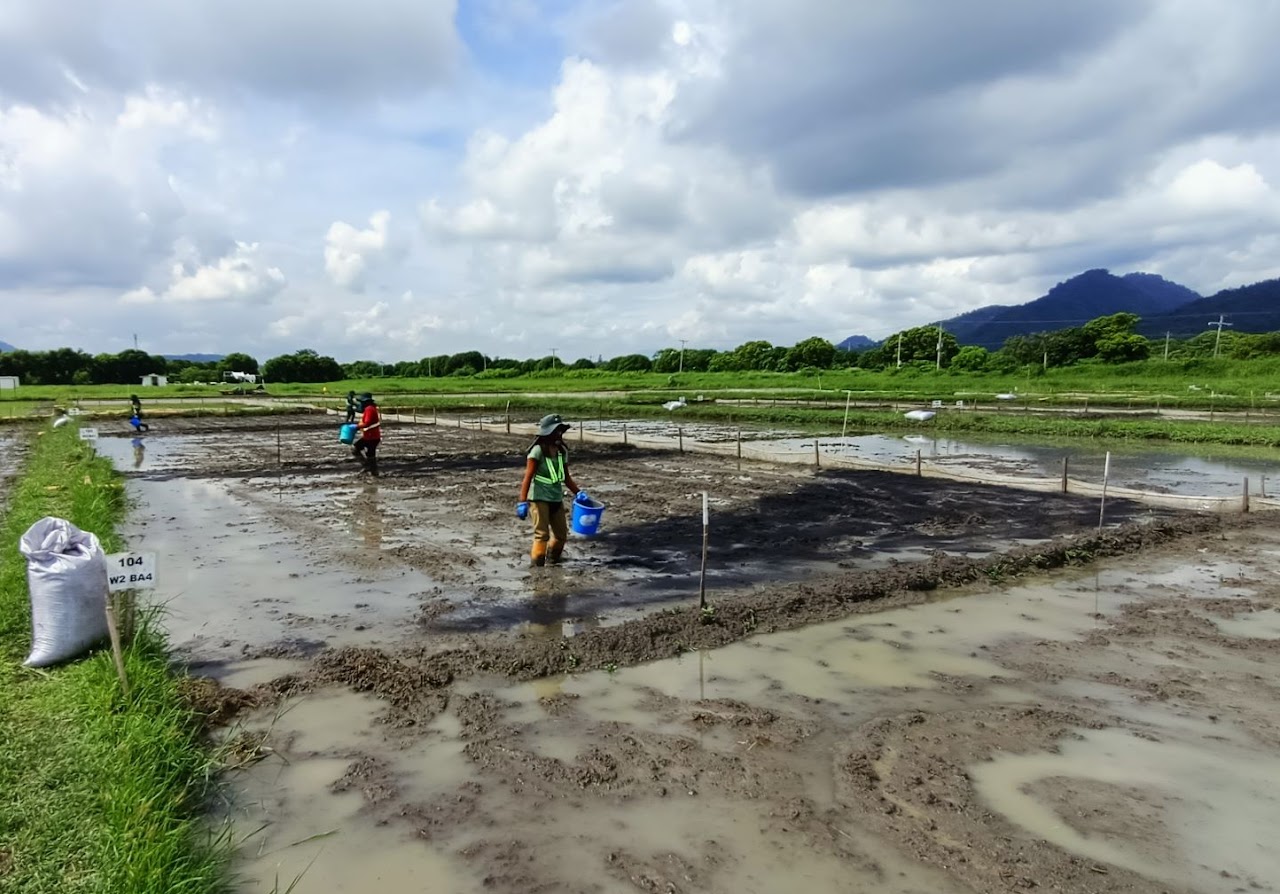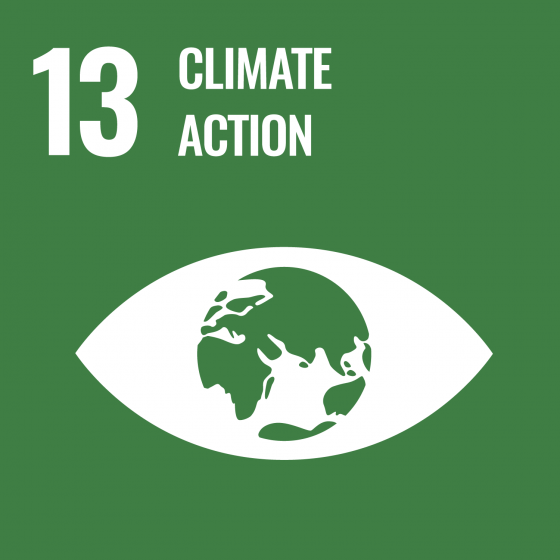
Background
The REMET-Rice Project is a pioneering research initiative by IRRI and partners that aim to transform rice cultivation into sustainable and climate-friendly agri-food system. Rice production generates about 8% of global greenhouse gas emissions from the agricultural sector, contributing to climate change. The project seeks to mitigate these emissions through novel and holistic approaches, examining the interplay between environmental factors, farming practices, and rice varieties to develop nature-based solutions, effective and practical for reducing greenhouse gas emissions without compromising crop yields.
Rice production methods such as direct seeded rice, alternate wetting and drying, and improved varieties are practices that offer potential benefits in terms of resources use efficiency and yield. They are proven as well with scientific evidence on GHG emissions reduction, particularly methane. However, their impacts vary with soil types, climates, varieties, and management practices requiring site and system specific recommendation.
A core goal of the REMET Rice Project is to deepen the understanding of methanogenesis, the process by which methane is produced in rice-based food systems. By studying the various factors that impact methanogenesis across a range of ecosystems, practices, and interventions, the project aims to generate reliable and comprehensive data that can be used to design effective mitigation strategies and improve modeling tools for scalable solutions and decision-making support for sustainable rice production.


Objectives
The REMET-Rice Project adopts a multidisciplinary approach that integrates experimental research, process-based simulation modeling, and adaptive agronomy to mitigate methane emissions and promote climate-resilient rice production. The project is organized into four interconnected workstreams, each addressing a critical aspect of methane reduction and sustainable farming.
Workstream 1: Next-generation methane inhibitors - represents the foundational research phase, focusing on developing innovative methane inhibitors. This includes exploring novel compounds, potentially involving plant-regulatory substances, cable bacteria, and other soil-microbiome interventions.
Workstream 2: Validating combinations of soil amendments and adaptive management practices - focuses on applied research aimed at optimizing and validating effective combinations of soil amendments and crop management practices that can be rapidly scaled for rice farmers across Asia and potentially worldwide.
Workstream 3: Variety screening - focuses on screening a wide array of rice cultivars to identify the microbial and physiological mechanisms underlying methane emissions. This involves dissecting key traits associated with high and low CH4-emitting varieties, including plant physiological characteristics and root-associated microbiomes.
Workstream 4: Developing modeling tools - focuses on advancing the ORYZA rice crop model to provide more reliable insights into the environmental impact of rice production. The model improvement aims to provide a reliable and robust decision-making tool offering scientifically robust evidence of emission reductions estimates that can play a key role in carbon credit methodologies and in supporting the implementation of sustainable and low emissions rice practices.
By interlinking these workstreams, the project aims to generate practical, evidence-based solutions for reducing methane emissions in rice production. The findings will contribute to the development of climate-smart agricultural practices that enhance sustainability, improve productivity, and support global climate change mitigation and adaptation efforts.


